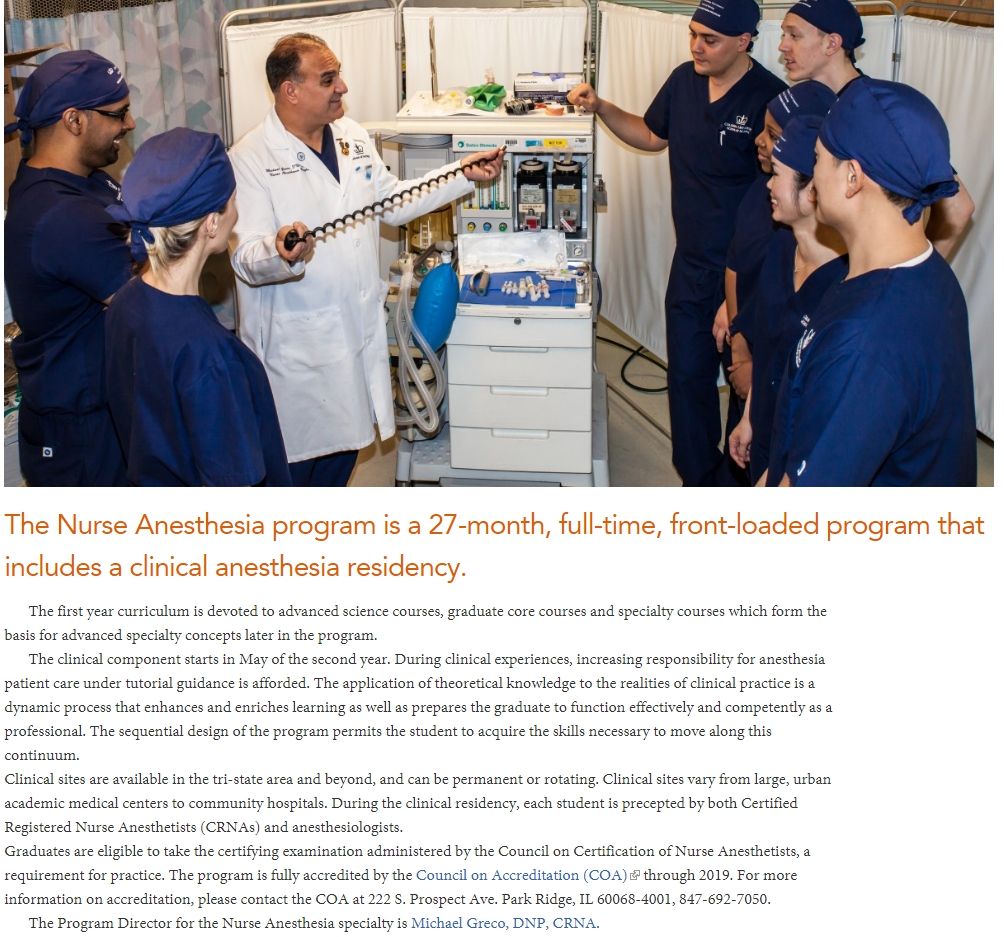I completely agree with your main message.
Ideally this would be good.
But
realistically many PDs and Chairmen don't even have any real power to stop institutions from training future CRNAs. Nor do many attendings. Residents have even less power.
No one wants to train their replacement, but the first residents to speak out would be reprimanded and some even let go from the program. Even attendings are reprimanded. Just see what happened to
Dr Elizabeth Ross at UNC for (rightly) saying
what she said about CRNAs.
Maybe for this to have any real hope of success is for the vast majority of residents, attendings, PDs, Chairmen, and anyone else who wants to band together, get major media network attention, and publicly protest across the nation, even at the risk of losing their own jobs. (Similar to how junior doctors protested across the UK, though for the junior doctors nothing much really happened, not really, except now more junior doctors are trying to leave the NHS).
However, if they lose their academic jobs, where else can they go? Private groups are apparently being bought out left and right. So what's left? Locums, work for an AMC, or work for a struggling or unfair PP? Not necessarily the best options. Hence the possibility of losing their jobs would be a very real threat. Especially if they have any loans to pay back. My guess is the only ones who would be able to protest would be the ones who don't need their jobs, who have FU money saved up, which would most likely mean the older generation who are already settled in life, yet it's the older generations who are probably less likely to protest.
Otherwise, the other main solution is to let SRNAs/CRNAs train and practice completely independently. Zero support from any anesthesiologists. See how they do. But I don't know how this would realistically happen. And it's not really fair to the patients who have to suffer.
But I hope I'm completely wrong about everything I said.


